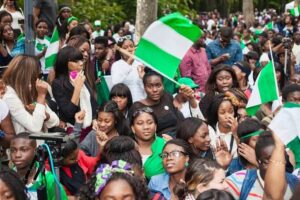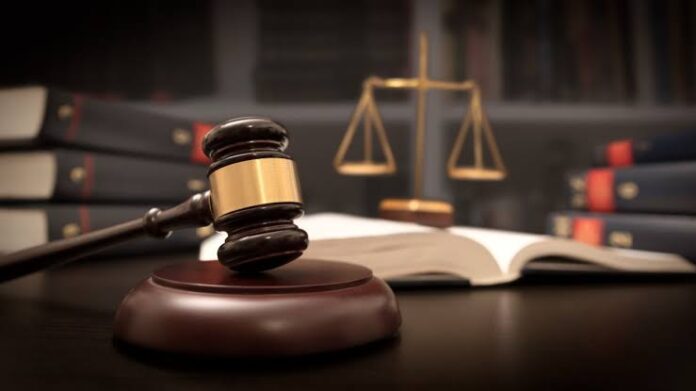If you are neutral in situations of injustice, you have chosen the side of the oppressor’ – Desmond Tutu
As the momentum for the proposed Nationwide EndBadGovernance and hardship protest draws closer to its executional date , one could be forced to imagine what could have triggered the impetus of a reasonable number of Nigerians to challenge the status quo in the face of the harsh economic reality that has eaten so deep into the fabric of our Nationhood.
Towing the legal perspective , my concern is to x-ray the legality of the proposed protest and the legal justification for
the demands by the intending protesters , the risk and limitations which lies ahead of the proposed date of August 01 2024.
In Nigeria, peaceful protests and agitations are protected by the Constitution and various Statutes, but there are also challenges and certain exceptions to these rights .
Section 39 and 40 of the 1999 Constitution guarantees the right to freedom of expression, and peaceful assembly respectively. Moreso, the Public Order Act (POA) 1969, allows for peaceful protests with prior Police notification. See also, Section 83 (4) of the Nigeria Police Act, 2020.
Fundamental Rights (Enforcement Procedure) Rules 2009 Provides for the enforcement of fundamental rights, including the right to peaceful protest. The African Charter on Human and Peoples’ Rights (1981) provides provisions for peaceful protest and demands. Article 11 of the Charter states:
“Every individual shall have the right to assemble freely with others. The exercise of this right shall be subject only to necessary restrictions provided for by law, in particular those enacted in the interest of national security, the safety, health, ethics and rights and freedoms of others.”
In the case of Inspector General of Police V. All Nigeria Peoples Party (2008) 12 WRN 65, where the Court of Appeal, per OLUFUNMILAYO ADEKEYE, JCA held, inter alia:
“The right to demonstrate and the right to protest on matters of public concern are rights which are in the public interest and that which individuals must possess, and which they should exercise without impediment as long as no wrongful act is done…
If as speculated by law enforcement agents that breach of the peace would occur, our criminal code has made adequate provisions for sanctions against breakdown of law and order so that the requirement of permit as a conditionality to holding meetings and rallies can no longer be justified in a democratic society.”
THE LEGAL CHALLENGES
It is the law that section 39 and 40 of the Constitution of The Federal Republic of Nigeria 1999 ( As Amended), guarantees the right for peaceful assembly. However, there is a strict exception in pursuant to SECTION 33 sub 2 (a) which permits an extra judicial execution of a person(s) on the grounds of the “ defense of any person from unlawful violence or for the defense of property “
On the heels of SECTION 33 sub 2 (a) of the CFRN 1999 ( As Amended ) the government machineries such as the Armed forces and Police usually hides under pretext vis a vis S. 33 (2) (a) to execute unarmed protesters , on the grounds of quenching or managing the likelihood of insurrection, as in the case the EndSARS protest (2020),where security forces allegedly killed innocent protesters, leading to widespread condemnation.
The Government may also decide to oppose the propose Nationwide protest on the justification of SECTION 45 sub 1 ( a ) and (b) which allows for limitations on these rights in certain circumstances, such as national security or public safety concerns. Nevertheless, any restrictions must be necessary, proportionate, and in accordance with the law.
On this note , the prospective protesters are advised to be very intentional by sealing the loopholes created by the interpretation of SECTION 33 sub 2 (a) which justifies extra judicial killing by the security agencies on the arguments of suppressing insurrection.
Conclusively, it is expedient to note that, though unidentified, leaders of the EndBadGovernce protest, should endeavour to operate within the ambit of civility. Act of riots, violence, capable of snowballing into anarchy or a theatre of war, should be eschewed.
State actors; law enforcement agencies, should among others, protect the democratic ideals of freedom of expression, either through protest; act in accordance with international best practices, shun acts capable of endangering violence.
Ibiangake Godwin




